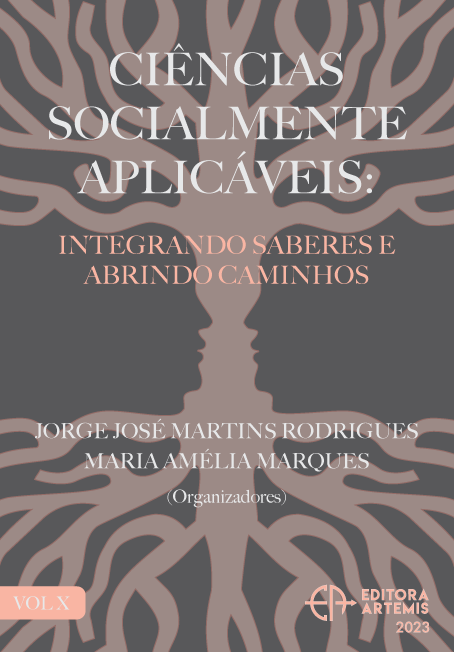
INVESTIGACIÓN DE POLÍTICA CRIMINAL EN MATERIA DE DELITOS CONTRA LA SALUD RELACIONADOS CON ESTUPEFACIENTES Y PSICOTRÓPICOS
Objetivo: Estudiar los aspectos jurídicos, sociales y criminológicos de los delitos contra la salud en México, así como las políticas públicas y las estrategias de prevención e investigación que se aplican para combatirlos. Metodología: Revisión bibliográfica y documental de fuentes primarias y secundarias, como leyes, tratados internacionales, jurisprudencia, artículos científicos, informes oficiales y estadísticas. Resultados: Se identifican los principales tipos de delitos contra la salud, sus modalidades, sus consecuencias y sus factores de riesgo. Se analiza el bien jurídico protegido por estos delitos, que es la salud pública. Se evalúan las medidas legislativas, judiciales y administrativas que se han adoptado para prevenir y sancionar estos delitos, así como los desafíos y las oportunidades que se presentan para mejorar la política criminal en esta materia. Conclusiones: Se propone una política criminal integral, multidisciplinaria y participativa que aborde los delitos contra la salud desde una perspectiva de derechos humanos, salud pública y seguridad ciudadana. Se recomienda fortalecer la coordinación entre los diferentes niveles de gobierno y los actores sociales involucrados, así como promover la investigación científica y la educación sobre los efectos y los riesgos de los estupefacientes y psicotrópicos.
INVESTIGACIÓN DE POLÍTICA CRIMINAL EN MATERIA DE DELITOS CONTRA LA SALUD RELACIONADOS CON ESTUPEFACIENTES Y PSICOTRÓPICOS
-
DOI: 10.37572/EdArt_30102398911
-
Palavras-chave: Delitos contra la salud, Estupefacientes y psicotrópicos, Política criminal, Salud pública, Investigación y prueba de contexto.
-
Keywords: Crimes against health, Narcotic drugs and psychotropic drugs, Criminal policy, Public health, Research and context testing.
-
Abstract:
Objective: To study the legal, social, and criminological aspects of crimes against health in Mexico, as well as public policies and prevention and research strategies that are applied to combat them. Methodology: Bibliographic and documentary review of primary and secondary sources, such as laws, international treaties, jurisprudence, scientific articles, official reports, and statistics. Results: The main types of crimes against health, their modalities, their consequences, and their risk factors were identified. The legal right protected by these crimes, which is public health, is analyzed. It evaluates the legislative, judicial, and administrative measures that have been adopted to prevent and punish these crimes, as well as the challenges and opportunities that arise to improve criminal policy in this area. Conclusions: A comprehensive, multidisciplinary, and participatory criminal policy is proposed that addresses crimes against health from a perspective of human rights, public health, and citizen security. It is recommended to strengthen coordination between the different levels of government and the social actors involved, as well as to promote scientific research and education on the effects and risks of narcotic drugs and psychotropic drugs.
-
Número de páginas: 38
- Giuseppe Francisco Falcone Treviño
- Sergio Rafael Hernández
- Zaida Leticia Tinajero Mallozzi
- Joel Luis Jiménez Galán

